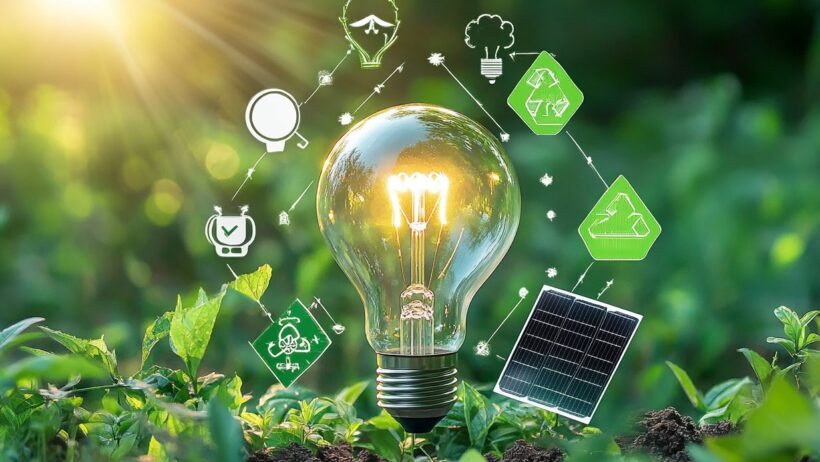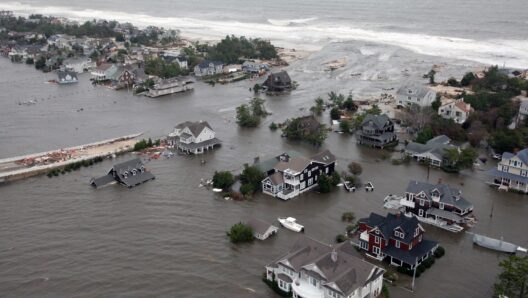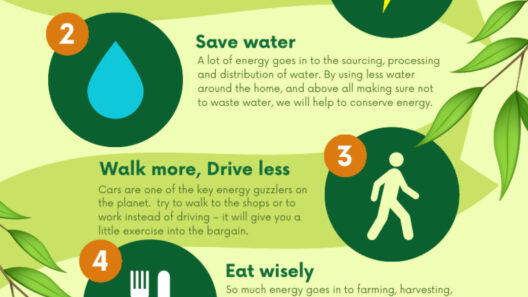Energy conservation is an essential principle governing the laws of physics and a fundamental pillar in the quest for sustainable living. Understanding the nuances of this concept is vital not only for scientists and engineers but also for every individual seeking to live an eco-conscious lifestyle. This article delves into the core aspects of energy conservation, elucidating its principles, methods, and implications on both a personal and global scale.
At its core, energy conservation refers to the practice of reducing energy consumption through using less energy service. This can occur through efficiency improvements, behavioral changes, and adopting renewable energy resources. The consequential advantages—economic savings and environmental benefits—are significant. Let’s explore the intricacies of energy conservation and how it shapes our understanding of energy use in various contexts.
The principle of energy conservation is rooted in the first law of thermodynamics, which posits that energy cannot be created or destroyed but only transformed from one form to another. This foundational concept implies several critical truths about how we interact with energy systems.
The truth is, energy is ubiquitous in our daily lives, from the electricity powering our appliances to the gasoline fueling our cars. However, the imperative to conserve energy becomes all the more pressing in light of the substantial impact energy consumption has on the environment and our climate.
One of the most potent motivations for energy conservation is the deleterious effect of fossil fuel consumption on the environment. As carbon emissions continue to escalate, leading to a cascade of environmental catastrophes—rising temperatures, erratic weather patterns, and resource depletion—the need for conservation has never been more critical. By understanding how energy conservation works, we can postulate strategies aimed at mitigating these adverse effects on the planet.
Let’s dissect the various aspects of energy conservation further.
Recognizing Energy Inefficiency: The Role of Awareness
In order to effectively conserve energy, it is crucial to identify where and how energy is being wasted. Awareness plays a key role in this recognition process. For instance, consider the average household, where energy is often squandered through inefficient appliances, inadequate insulation, and careless usage habits. Simple measures, such as substituting incandescent bulbs with LEDs, can significantly diminish electricity consumption. Furthermore, recognizing the importance of proper insulation can maintain temperature control in homes, reducing the need for heating and cooling and saving energy over time.
Encouraging energy-efficient practices begins with fostering a culture of mindfulness regarding energy use. Educational initiatives that promote energy literacy can empower individuals to make informed decisions about their consumption habits.
Innovative Technologies and Their Impact
The advent of new technologies offers a multitude of strategies for achieving energy conservation. In recent years, smart home technologies have revolutionized the way we allocate energy in our living spaces. Devices such as smart thermostats and energy-efficient appliances not only facilitate better energy management but also offer real-time insights into consumption patterns. This enables users to make conscious choices that further solidify their commitment to energy conservation.
Moreover, renewable energy technologies, particularly solar and wind, represent a significant shift from conventional fossil fuels to sustainable energy sources. By harnessing natural resources, we can reduce reliance on carbon-intensive energy and promote a more sustainable future.
Adopting renewables is not just a trend; it embodies a comprehensive strategy for energy conservation. Engaging with these technologies paves the way for a cleaner and more sustainable environment.
The Behavioral Component: Changing Habits for the Better
While technological advancements are essential for energy conservation, the behavioral component is equally significant. Human behavior is often the largest barrier to effective energy conservation efforts. Small changes in daily habits can yield substantial energy savings. Simple actions such as turning off lights when leaving a room, using public transportation, or even limiting water use can contribute to the overarching goal of reducing energy consumption.
It is essential to foster an environment that encourages sustainable practices. This can be achieved by implementing community programs that promote collaboration toward energy-saving initiatives, thereby reinforcing the idea that energy conservation is a collective responsibility.
Economic and Environmental Benefits: A Dual Perspective
Understanding the multifaceted benefits of energy conservation is crucial in advocating for its implementation. Economically, reducing energy consumption leads to lower utility bills, making a tangible impact on one’s financial health. Additionally, energy conservation can alleviate demand on energy systems, potentially delaying or negating the need for costly infrastructure expansions or energy production facilities.
From an environmental standpoint, the reduced energy demand translates to diminished greenhouse gas emissions, helping combat climate change. When we harness energy conservation measures, we foster a healthier planet and a sustainable future for generations to come.
In summary, energy conservation is not merely a theoretical concept but a practical necessity that underpins sustainable living. By embracing awareness, leveraging technology, and fostering behavioral changes, individuals and communities can make a substantial impact in conserving energy. With the growing urgency to combat climate change and protect the environment, understanding and implementing energy conservation strategies is imperative. As we strive for a more sustainable future, it becomes evident that every effort counts in the collective pursuit of energy conservation.





